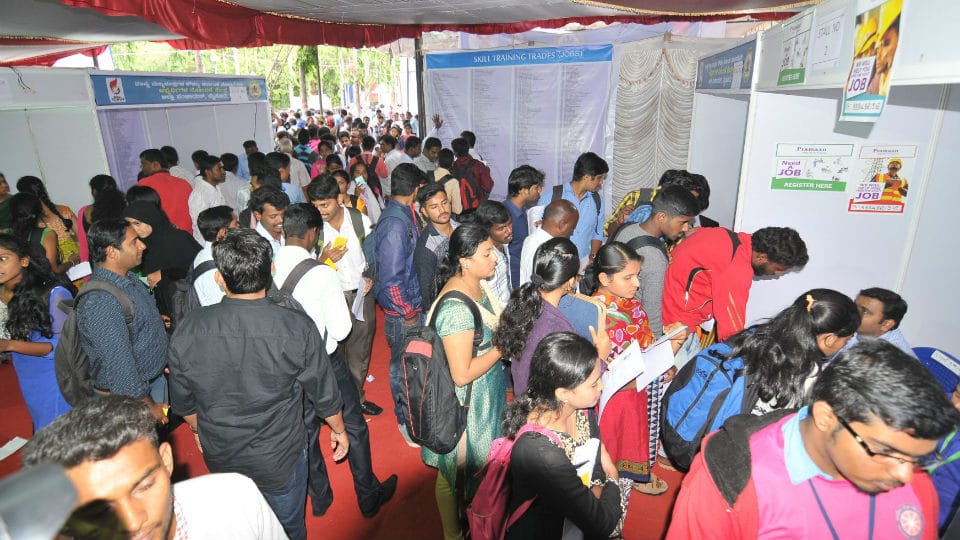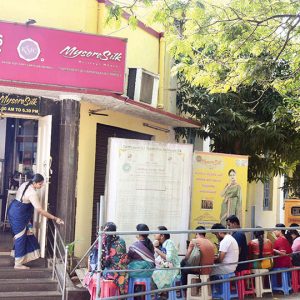The Right to Information (RTI), under an Act of the Parliament of India, enacted on June 15, 2005, and assented on June 22 of the same year, for setting out the practical regime of the right for citizens, replacing the erstwhile Freedom of Information Act 2002, commenced on October 12, 2005, mandating timely response to citizen requests for government information, ostensibly to promote transparency and accountability in government establishments in the country. While the number of citizens trying to keep the babudom on their toes, invoking RTI and hoping to fix the tardy babus and the lagaamless elected representatives of the people in the government is a minuscule fraction of the country’s population of literati, a more important right that compels attention of both stockholders (the government) and stakeholders (adult citizens in the economically productive age range) is the Right to Employment, that may not figure among the many rights included in the country’s Constitution, both when it was scripted and adopted on Jan. 26, 1950 and supplemented subsequently. Nothing chokes a government more than its responsibility to ensure fulfilment of this RTE (Right To Employment) to every citizen eligible for employment in jobs with regular income in amounts to meet at least the basic needs of life.
The voice in the air demanding jobs exclusively for local workforce, expressed as sons of the soil, is not confined to any particular State, including Karnataka. The incumbent President of the United States of America has been pursuing the cause of citizens of the country in the matter of providing employment as his life’s mission, resulting in tighter visa regulations.
While the International Labour Organisation (ILO) in its first Asia-Pacific Employment and social outlook released last week has disclosed that unemployment rate is expected to be stable at 4.1 percent, vulnerable employment, including self-employed or those who are unpaid family workers, together currently estimated at 48.6 percent of the people employed, is expected to increase. India, according to ILO sources, is among the worst performing countries in the region, where 82.2 percent of the employment in India is classified as vulnerable. Stated simply, employment should preferably yield an assured salary at the end of a fixed period such as a month. Compared to figures of salaried employees as percent of total number employed in Japan (87), South Korea (71), Australia (82) and New Zealand (84), in India it is pathetically less than 17 percent, according to studies by expert global agencies.
The task of fulfilling the right to employment for everyone of the million Indians who reach employable age each month is daunting beyond the capability of the top brass in any government. The challenge will out-endure the unemployment scene of the land as time passes.








Recent Comments